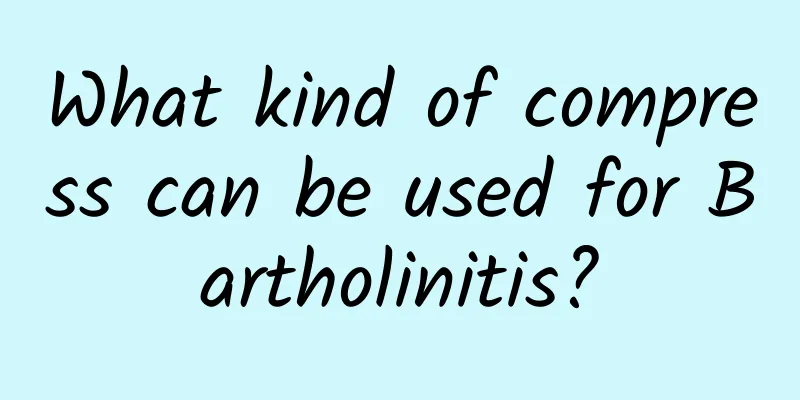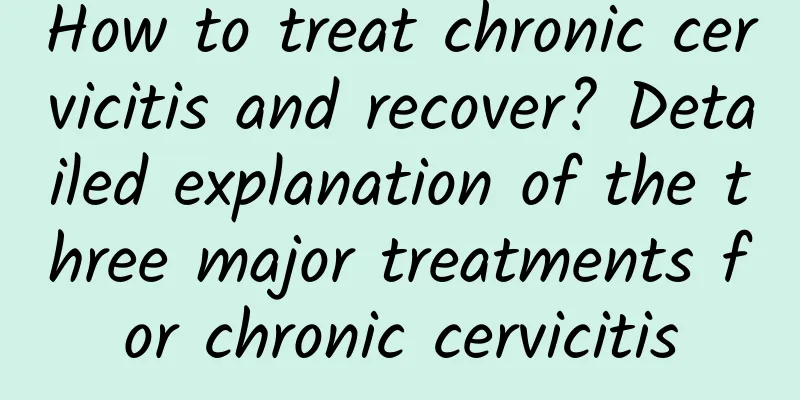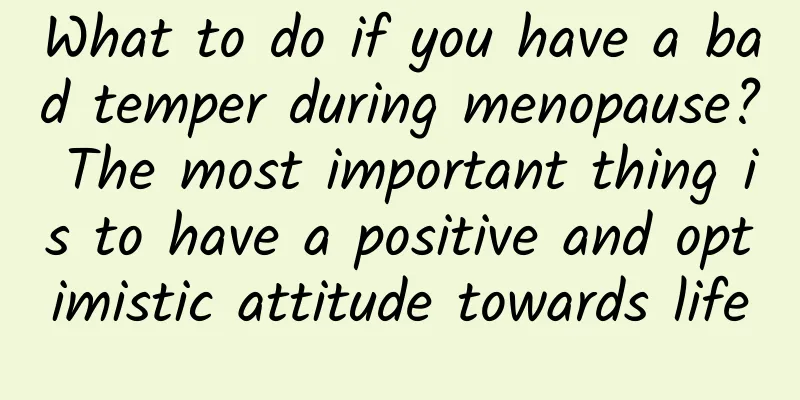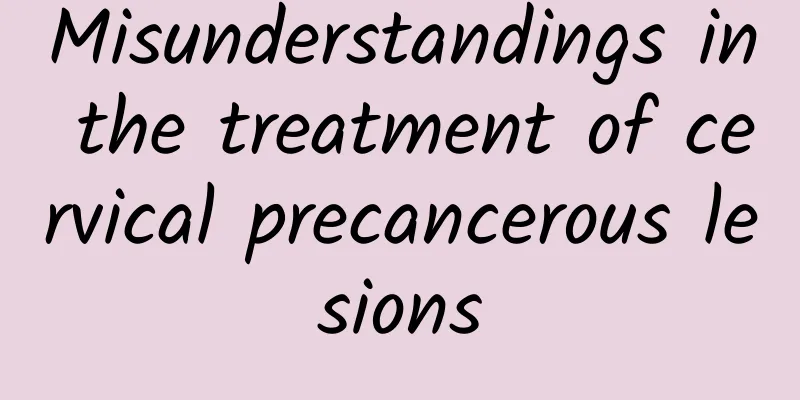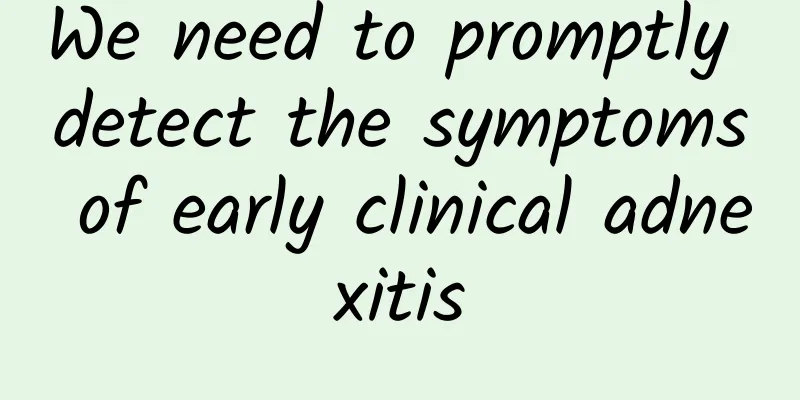Treatment of intrauterine adhesions and cervical adhesions
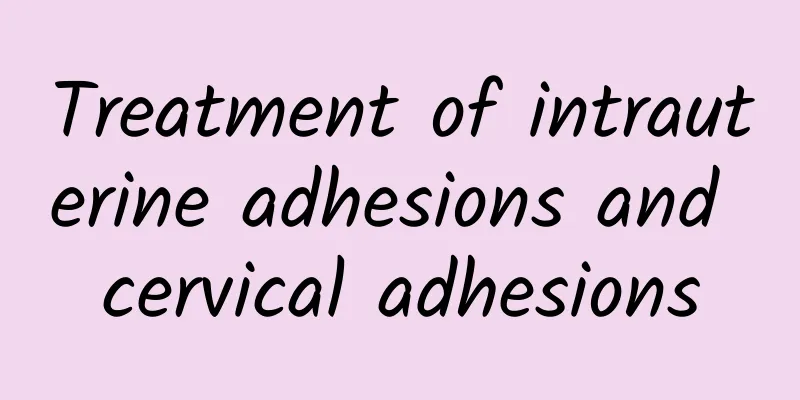
|
Intrauterine adhesions and cervical adhesions can be treated through a variety of methods, including surgical methods, drug therapy, and lifestyle adjustments. The specific method depends on the severity of the patient's condition and personal circumstances. It is recommended to actively intervene under the guidance of a specialist. 1) Treatment of intrauterine adhesions Intrauterine adhesions are usually caused by damage to the endometrium, which may lead to menstrual abnormalities, infertility and other problems. The main treatment methods include the following: -Hysteroscopic separation surgery: Hysteroscopy is the gold standard for the diagnosis and treatment of intrauterine adhesions. Minimally invasive methods are used during the surgery to separate the adherent uterine tissue to restore the normal shape of the uterine cavity. Anti-adhesion measures are often used, such as placement of an intrauterine contraceptive device or an anti-adhesion balloon to prevent postoperative recurrence. - Drug-assisted treatment: After surgery, estrogen drugs can be taken to help the endometrium regenerate, and ovulation-inducing drugs can be used to promote periodic uterine repair. Commonly used drugs include estradiol valerate and levonorgestrel. -Physical therapy: Short-term low-frequency electrotherapy or heat therapy can also be considered after surgery to promote local blood circulation and help repair the endometrium. Regular follow-up examinations are required after surgery, such as B-ultrasound to understand the thickness of the endometrium, assess recurrence, and intervene again if necessary. 2) Treatment of cervical adhesions Cervical adhesions are often caused by infection, cervical surgery, or birth trauma, and may present as poor menstrual discharge, reduced menstrual flow, or even amenorrhea. Typical treatments are as follows: -Cervical dilatation: Gradually dilate the cervical canal under the doctor's operation, suitable for relatively mild problems. The operation often needs to be combined with hysteroscopy for further investigation and treatment. - Transcervical resection: For adhesions caused by pathological factors (such as refractory cervical inflammation), LEEP knife or cold knife cone resection can be used to restore cervical function, but the protection of the patient's fertility must be considered at the same time. -Anti-infection treatment: Patients with inflammation need antibiotic treatment before or after surgery. Commonly used drugs include cephalosporins or combined antibacterial drugs to reduce the recurrence of infection. Pay attention to strict contraception after the operation to avoid repeated trauma to the cervix in the short term. 3) Lifestyle and diet adjustment Whether it is intrauterine adhesion or cervical adhesion, you need to pay attention to lifestyle adjustments during the postoperative recovery period: -Dietary adjustment: focus on consuming foods rich in protein and iron, such as eggs, lean meat and dark green leafy vegetables, to help repair the endometrium; you can also supplement with vitamin C to enhance immunity. -Psychological adjustment: Adhesions and their complications may cause psychological stress to patients. It is recommended to actively communicate with family members or seek professional psychological counseling. The treatment of intrauterine adhesions and cervical adhesions needs to be personalized according to individual circumstances. Early diagnosis and timely treatment are the key to recovery. Regular follow-up visits and careful care after surgery can effectively prevent recurrence and maintain normal reproductive function. |
<<: What foods should I eat to stop functional uterine bleeding?
>>: Does mild cervical adhesion need to be treated?
Recommend
Do peanuts help with weight loss, fight migraines, and control blood sugar? 5 surprising benefits of peanuts you must know
Eat peanuts, good things will happen! A tiny pean...
How to treat cervical erosion best? The best treatment for cervical erosion in women
In the past, many women went for gynecological ex...
How to make "younger abortion" a thing of the past
On May 19, Professor Chen Yijun of the Chinese Ac...
Is soy milk more nutritious than milk? Will drinking soy milk regularly increase the risk of breast cancer? 5 good articles to help you understand the amazing benefits of soy milk in seconds
Many people like to drink soy milk for breakfast....
Mild symptoms of pelvic inflammatory disease
When pelvic inflammatory disease has mild symptom...
Dietary considerations for patients with pelvic peritonitis
There are many causes of pelvic peritonitis, so t...
Is second-degree cervical erosion serious? Which treatment method is more effective?
Is second-degree cervical erosion serious? Which ...
The difference between female adnexitis and pelvic inflammatory disease
Adnexitis is a common disease caused by pathogeni...
The number one job that is most likely to cause abdominal obesity is revealed! 3 tips to quickly eliminate belly fat
Did you know that abdominal obesity looks like a ...
Pregnant women love yoga! Kneeling cat breathing to fight allergies
After the "Beginning of Winter", we off...
4 small movements to quickly develop a vest line
Exercise your core muscles and put on an invisibl...
What symptoms does a Bartholin's gland cyst cause?
Bartholin's gland cysts may cause local swell...
Is right ovarian cyst serious?
Whether the right ovarian cyst is serious should ...
Do I need to use contraception if I suffer from premature ovarian failure?
Premature ovarian failure refers to the phenomeno...
High-risk groups for ectopic pregnancy: 6 types of women need special attention, and the last one must be seen by your husband!
Ectopic pregnancy, this scary-sounding medical te...

